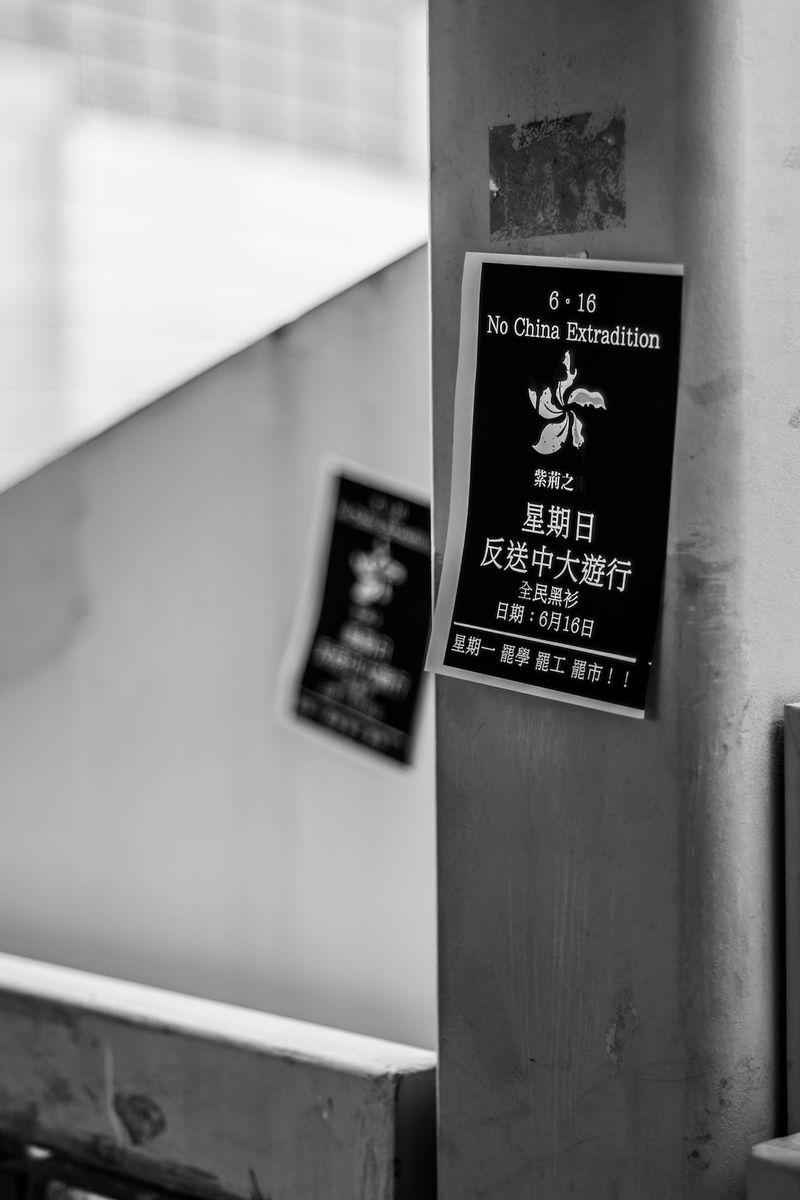The Pope’s Address to Russian Youth Sparks Controversy
The recent video address by Pope Francis to the All-Russian Catholic Youth Assembly in St. Petersburg has drawn criticism from Ukrainian officials, who accuse the pontiff of promoting “imperialist propaganda.” In his speech, the Pope urged Russian youth to embrace their heritage as descendants of the Russian empire, citing figures like Peter I and Catherine II as examples of the greatness of Russia.
The Ukrainian Response
Ukrainian Foreign Ministry spokesperson Oleh Nikolenko condemned the Pope’s speech, stating that it perpetuates the “spiritual bonds” and “great-power ideas” that the Kremlin uses to justify its aggression towards Ukraine. Nikolenko argued that the Pope’s mission should be to open the eyes of Russian youth to the destructive actions of their leadership, rather than promoting ideas that fuel Russia’s chronic aggression.
A Critique of the Pope’s Address
The controversy surrounding the Pope’s address raises important questions about the role of religious leaders in geopolitical disputes. While it is common for religious figures to emphasize unity and shared heritage, it is crucial to consider the potential consequences of their statements. In this case, the Pope’s remarks are seen by Ukrainians as legitimizing and glorifying Russian imperialism, contributing to the ongoing conflict in the region.
It is essential to recognize the complex historical context of the relationship between Russia and Ukraine. The invocation of figures like Peter the Great and Catherine the Great as symbols of Russian greatness ignores the suffering and oppression endured by Ukraine under their rule. The Ukrainian Greek Catholic Church leader, Sviatoslav Shevchuk, argues that these historical figures represent extreme Russian nationalism and imperialism, which have ultimately led to the war in Ukraine today.
The Vatican’s Response
The Vatican swiftly responded to the criticism, stating that the Pope’s intention was not to exalt imperialist logic or government personalities. Instead, the Vatican claimed that the Pope aimed to encourage young Russians to preserve and promote the positive aspects of Russian culture and spirituality.
While the Vatican’s response attempts to clarify the Pope’s intentions, it is important to acknowledge the potential impact of the Pope’s words on an already volatile situation. His previous comments regarding the conflict in Ukraine have raised concerns, with the Pope suggesting that the war may have been either provoked or not prevented. Such remarks can fuel further tension and undermine efforts to find a peaceful resolution.
The Responsibilities of Religious Leaders
Religious leaders have a unique platform and influence that must be exercised with great care and responsibility. In the context of geopolitical conflicts, it is crucial for religious figures to promote peace, understanding, and reconciliation, rather than inadvertently perpetuating divisions and animosities.
While the Pope’s desire to connect with Russian youth and encourage them to embrace their cultural heritage is commendable, his remarks must be understood in the wider geopolitical context. Given the ongoing conflict in Ukraine, it is essential for religious leaders to be mindful of the potential implications of their statements and to strive for a message of peace that transcends national boundaries.
Dialogue and understanding are crucial in bridging the gap between conflicting nations. Religious leaders can play a significant role in promoting reconciliation and cultivating an environment of empathy and compassion. By focusing on shared values and the pursuit of peace, religious figures can help break down barriers and foster a spirit of cooperation.
Conclusion
The controversy surrounding Pope Francis’ address to Russian youth highlights the delicate role that religious leaders play in geopolitical conflicts. While the Pope’s intention may have been to inspire young Russians to connect with their cultural heritage, his remarks have inadvertently fueled tensions and been interpreted as promoting Russian imperialism.
Religious leaders must exercise caution and sensitivity when addressing geopolitical issues, especially in regions marred by conflict. They should prioritize peace, empathy, and reconciliation, seeking to bridge divides rather than amplifying them. By focusing on shared values and fostering dialogue, religious figures can contribute to healing wounds and building a more harmonious world.

<< photo by 𝓴𝓘𝓡𝓚 𝕝𝔸𝕀 >>
The image is for illustrative purposes only and does not depict the actual situation.
You might want to read !
- An Ode to John Isner: Celebrating the Incredible Career of a Tennis Legend
- “The Resilience of Amy Robach and T.J. Holmes: A Social Media Comeback”
- Defying Evacuation Orders: The Brave Residents of Florida’s Cedar Key
- “Editorial Exploration: The Significance of Raksha Bandhan in 2023”
- When the Spotlight Turns Dark: Controversial Music Video Castings and Their Fallout
- Unveiling the Dark Side: Controversial Music Video Castings Rock the Entertainment Industry
- “Wagner Boss Assassinated: Putin’s Silence Fuels Speculation on Yevgeny Prigozhin’s Connection”
- Determining the Causes: Unraveling the Mystery Behind the Fatal Plane Crash
- The Silent Alliance: Tucker Carlson and Donald Trump’s Strategic Silence




